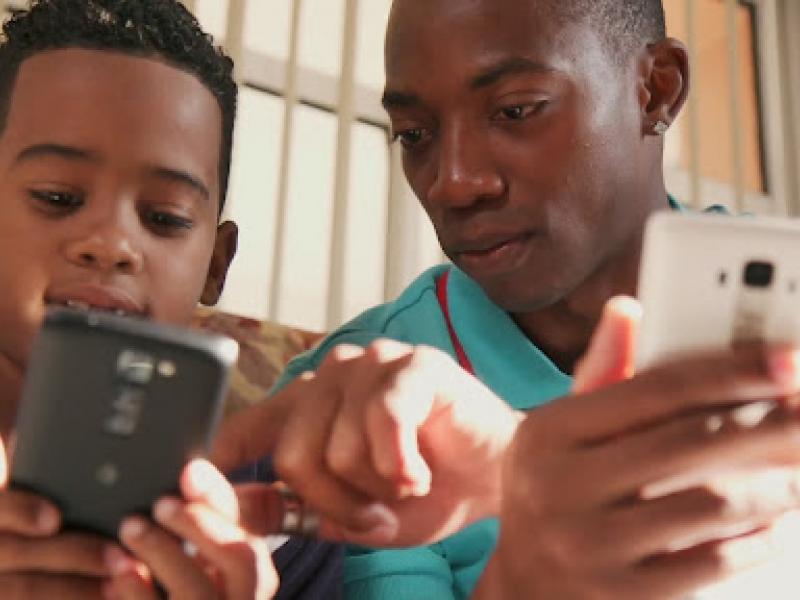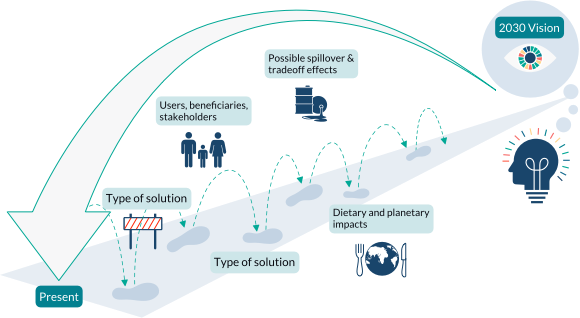Peer-learning platforms for behavioral change

Description of the innovative solution
Unhealthy diets, or diets high in fats, sugars, and salts, are seen more often in people coming from lower socioeconomic statuses, with interrelated factors such as education level, income level and occupation. Approximately 83.72% (2022) of the world’s population owns a smartphone and as their use continues to grow, apps have become an incredibly effective way of providing information and resources to a wide audience. Using peer-learning platforms, where consumers can access lectures, publications, research tools and recorded material on a range of topics developed by scholars and...
Unhealthy diets, or diets high in fats, sugars, and salts, are seen more often in people coming from lower socioeconomic statuses, with interrelated factors such as education level, income level and occupation. Approximately 83.72% (2022) of the world’s population owns a smartphone and as their use continues to grow, apps have become an incredibly effective way of providing information and resources to a wide audience. Using peer-learning platforms, where consumers can access lectures, publications, research tools and recorded material on a range of topics developed by scholars and practitioners working in the contexts of health and nutrition, has the potential to improve consumer education around healthy food behaviors and wellness.This could appear as a mobile game app designed to inspire behavioral changes and educate on healthy and sustainable food choices and food safety. The application’s primary beneficiaries could be children and adolescents, as well as adults. These platforms provide a channel for consumers to receive and share information or provide feedback (to businesses and with peers), as appropriate to the local context. A multi-stakeholder approach (health, environment, policy, etc…) should be taken during the development of the product. To have a higher-scale effect, governmental bodies could be involved in the process of funding, developing and sharing the app through advocacy campaigns or introducing it into schools.
Examples and additional resources
Real-world examples
See this solution in action in different contexts and settings around the world
Health Ed Prep
Fooducate: Nutrition Coach
Eat & Move-O-Matic
Center for behavior & the environment
Additional resources
Learn more about this solution through studies, articles, business cases, and other information
Contacts
Connect to others working on and with this solution around the world
Pathways to uptake
Engage with our “backcasting tool” to imagine and design “pathways to uptake” for this solution in your setting.
This process involves defining a future vision of this solution being used in your context, and then working “backwards” to identify necessary steps to achieve this vision by 2030. Going through this exercise as an individual or with a team can help to clarify the WHAT/WHEN/HOW of moving a solution (or package of solutions) towards having major impact. We hope these pathways will inspire outside-of-the-box thinking, creative approaches, and actionable concrete steps to move ideas into action.
Pathway builder
Explore pathways for this solution
Be the first one and add a pathway for this solution!